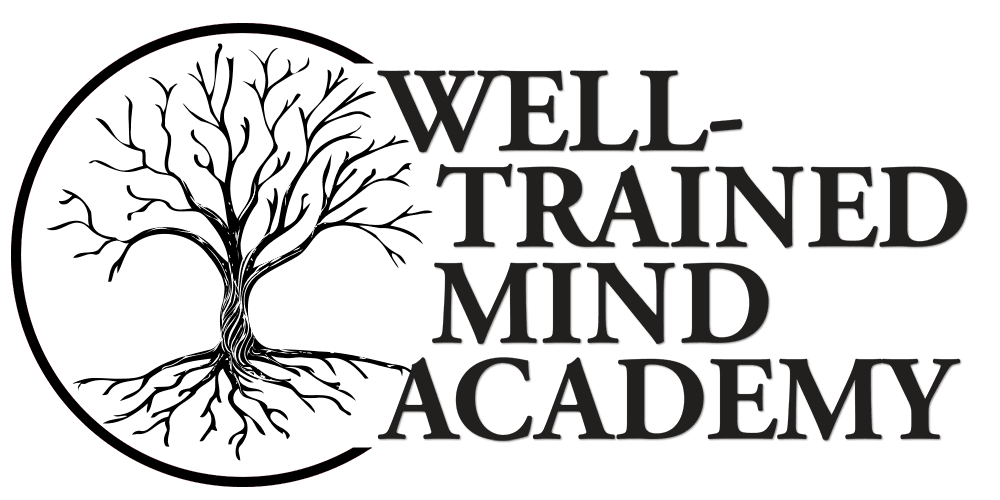Early Modern World Students as Citizen Archivists

By Dr. Maj-Britt Frenze, History Instructor

As an Instructor of History and great lover of literature, I am always grappling with the following question: how can I cultivate students’ engagement with primary source documents? Learning about history from trusted textbooks, or secondary sources, is extremely valuable for providing a general understanding or overview of historical events. Secondary sources help us provide context. Ideally, they provide historical information in an organized, more easily consumed format. The information given to us in these textbooks is more digestible, of course, because it has already been worked through and formatted by an expert or scholar.
A primary source is an altogether different animal. When we read a primary source, we consider not simply the events that the original author relates but how this particular author conveys that information. I encourage students to delve deeply into the rhetorical strategies of authors. But again, primary sources as we encounter them have been somewhat worked over by someone else; we are often reading translations or edited texts. Someone (an expert or scholar) has gone through them and tidied them up for our consideration.
So, are high school students capable of working with raw historical data, for example, with an original, handwritten document from the pre-modern world?
Absolutely!
Students in my History of the Renaissance and Early Modern World course have the opportunity to do the kind of historical work so often limited to scholars. As one of several options for our paper assignments, students may provide an original transcription of a handwritten text that is part of the National Archives, working as a volunteer Citizen Archivist. Students may select any document they wish from our course’s time period (roughly 1450-1825), transcribe, and analyze it. By doing so, they not only make an original contribution to historical knowledge, but they also volunteer their time and talents to the grand project of making history more accessible.
This past year (2024-2025), we had students transcribe some of the original letters of James Monroe, documents on vice-admiralty courts, and ship-building contracts from Philadelphia. It was inspiring to witness the students’ excitement and sincere efforts working with original historical documents!
View the work accomplished by some WTMA students this year here:
